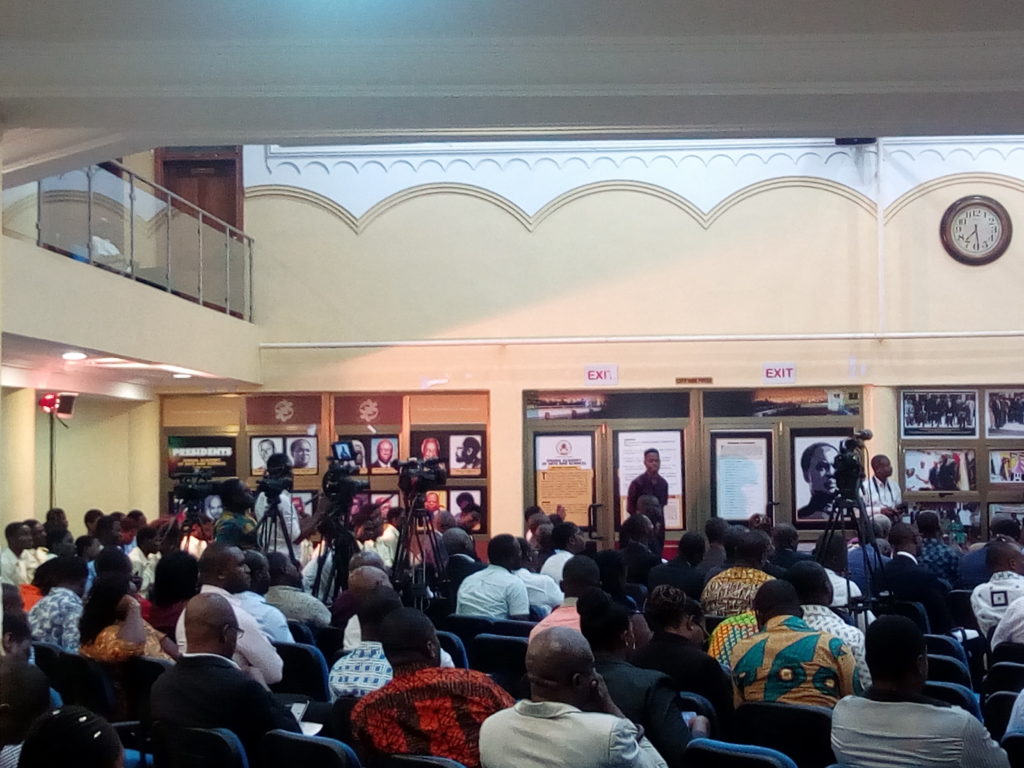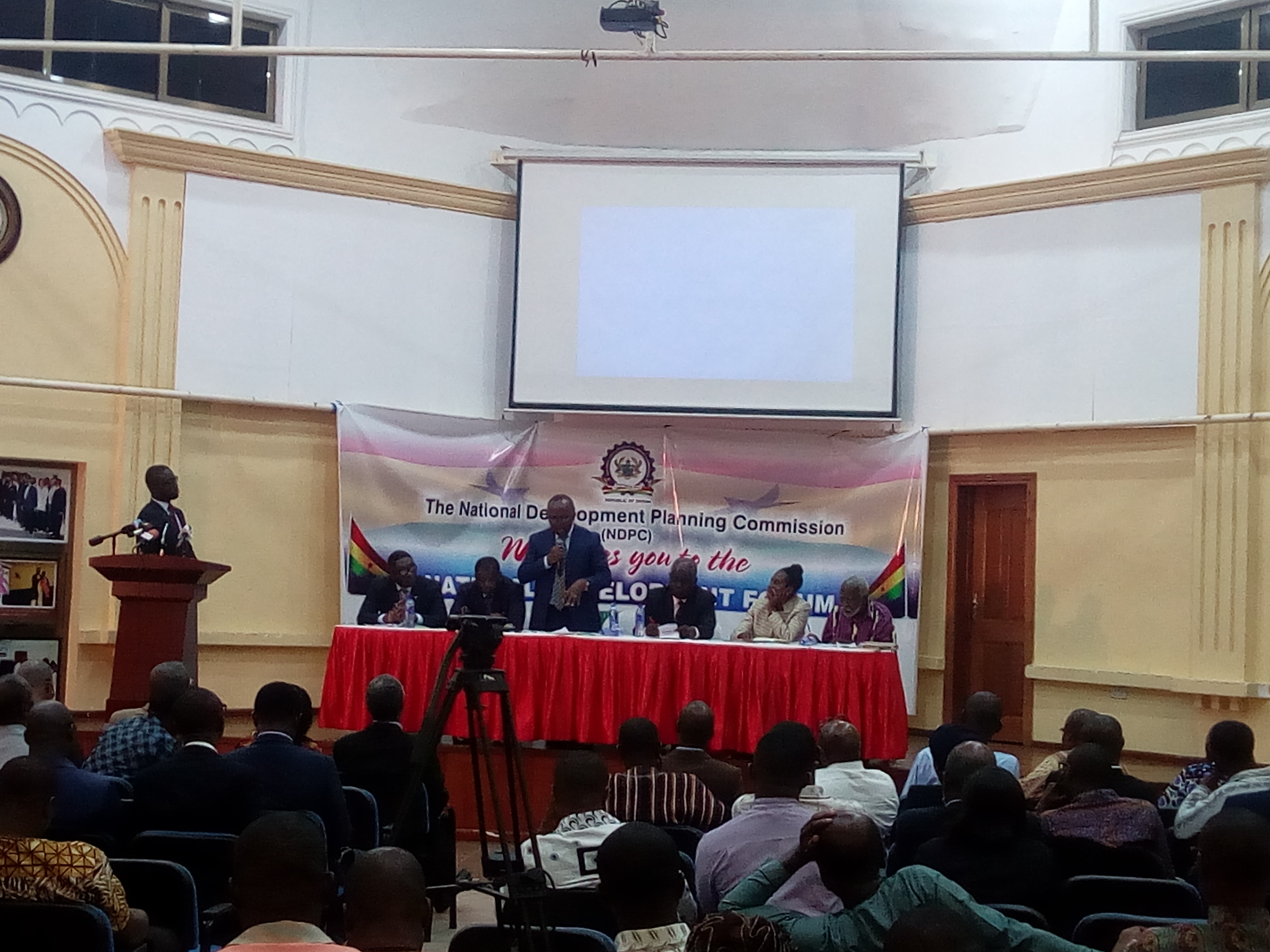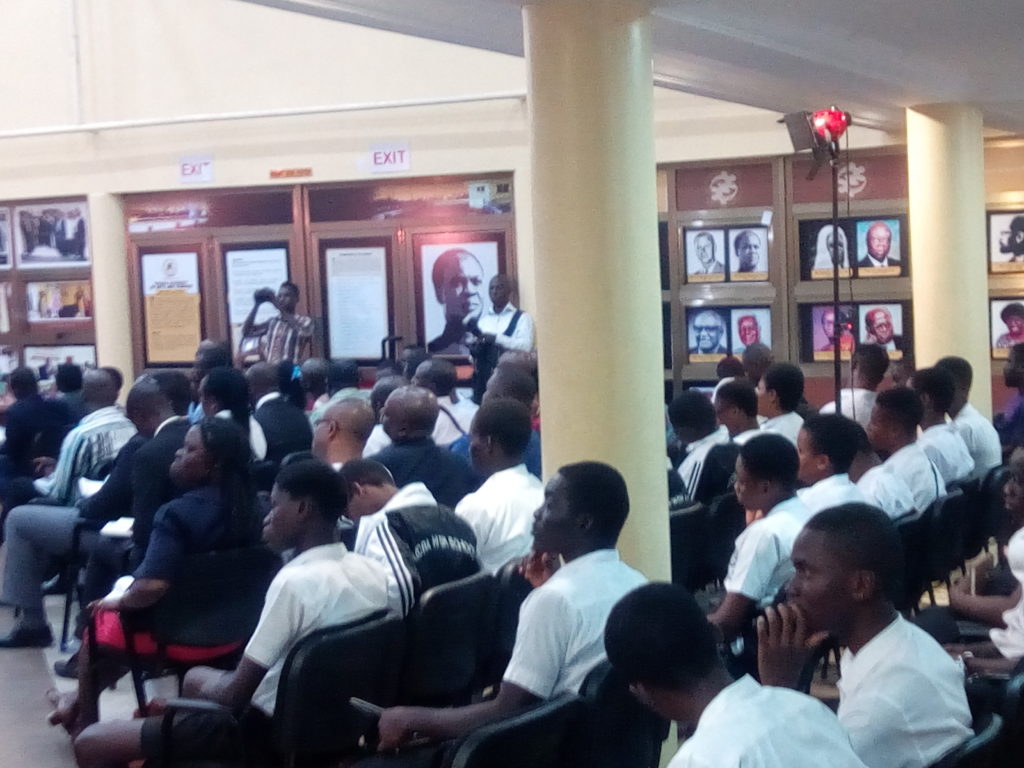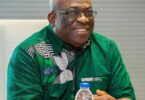The National Development Planning Commission (NDPC) has organised its second Public Forum on GHANA Infrastructure Plan.
The Ghana Infrastructure Plan (GIP) is a companion document of the long-term national development plan and provides the physical expression of the social and economic aspirations outlined in the long-term plan.
The objective of the GIP is to chart a new vision and strategic direction for Ghana’s infrastructure in a coordinated and integrated manner, and develop a financing plan for implementation to attain a high-income status within 40 years.
The Major Components of the GIP consists of Energy Infrastructure Framework, Transport Infrastructure Framework, Water Infrastructure Framework, Human Settlements and Housing Framework, Social, Civic and Commercial,Infrastructure Framework, ICT Infrastructure Framework, Human Resource and Skills Planning, Climate Resilience, Disaster Risk Reduction and Environmental Sustainability as well as Construction Industry Development.
This was contained in a press extract made available to thenewindependentonline.com
Under the Resource Mobilisation and Financing Plan, Energy Infrastructure Framework, total power installed is targeted to increase from 3,800MW as of 2018 to 50,168 MW by 2050, with energy generation of 297,200 GWh.
Furthermore, under this programme, Ghana’s electricity generation per capita
is expected to increase from 348 kWh as of 2016 to 5,850 kWh by 2050 whiles transmission losses is expected to reduce
from 4.5% as of 2016 to 2.5% by 2050 and distribution losses will reduce from 23% as of 2016 to 8% by
With regards to renewable, the share of renewable energy (solar, wind, wave and biofuel) in the national energy mix
is expected to increase from 38MW as of 2018 to 9,000MW by 2050, representing an increase from 1% as of 2018
to 18% of the energy mix by 2050 whilst the use of roof space in commercial, industrial, public and private facilities for solar installations will be strongly promoted.

Under nuclear and Coal, it is expected that Ghana’s first nuclear power plant will start by 2029 and about 12,800 MW (25% of energy mix) of nuclear power will be developed by 2050.









